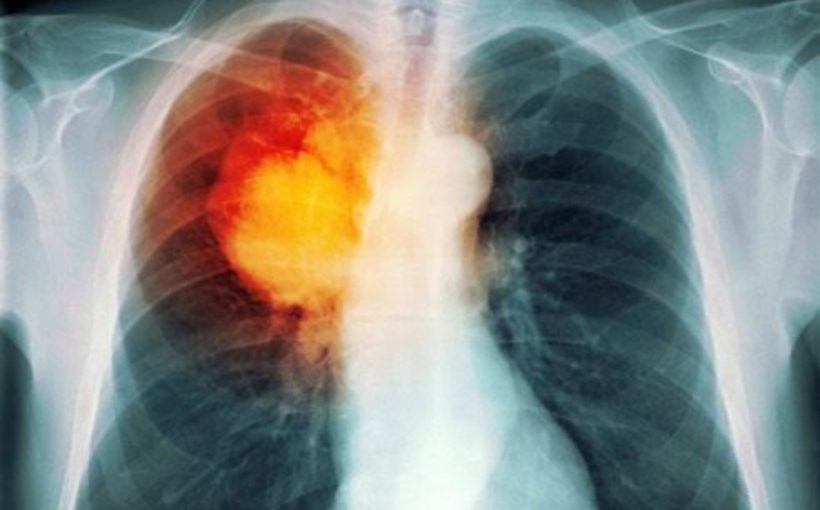Lung cancer starts in the cells of the lungs. It is not the same as cancers that start elsewhere and then travel to the lungs to form secondary tumors or métastases. Once cancer that starts in the lungs begins to metastasize, it spreads through the lymph nodes to the brain and other parts of the body.
Metastasis is the main reason why cancer is such a serious disease. Without metastasis, significantly fewer people would die of cancer. There are two main types of lung cancer: small cell and the more common non-small cell. Previous studies have shown that approximately 30% of non-small cell lung cancers flourish because their cells have acquired one of two types of mutation that promote antioxidant production.
The new U.S. study investigated these mutations. One of the two mutations that the U.S. team investigated raises levels of a protein called NRF2, which switches on genes that help lung cancer cells make antioxidants. The other mutation that the U.S. team investigated switches off KEAP1, a protein that triggers the destruction of NRF2.”We now have important new information on lung cancer metastasis,” says Martin Bergo, senior author of the new Swedish study, “making it possible for us to develop new treatments, such as ones based on inhibiting BACH1.”Bergo is a professor in biosciences and nutrition at the Karolinska Institutet in Solna, Sweden.
Both studies focus on the effect that reducing oxidative stress has on a protein called BTB domain and CNC homolog 1 (BACH1).It appears that reducing oxidative stress through antioxidants can raise the stability of BACH1 and boost its accumulation in lung cancer cells. BACH1 can trigger mechanisms that promote metastasis, one of which helps cancer cells acquire glucose from the blood and convert it into fuel.


